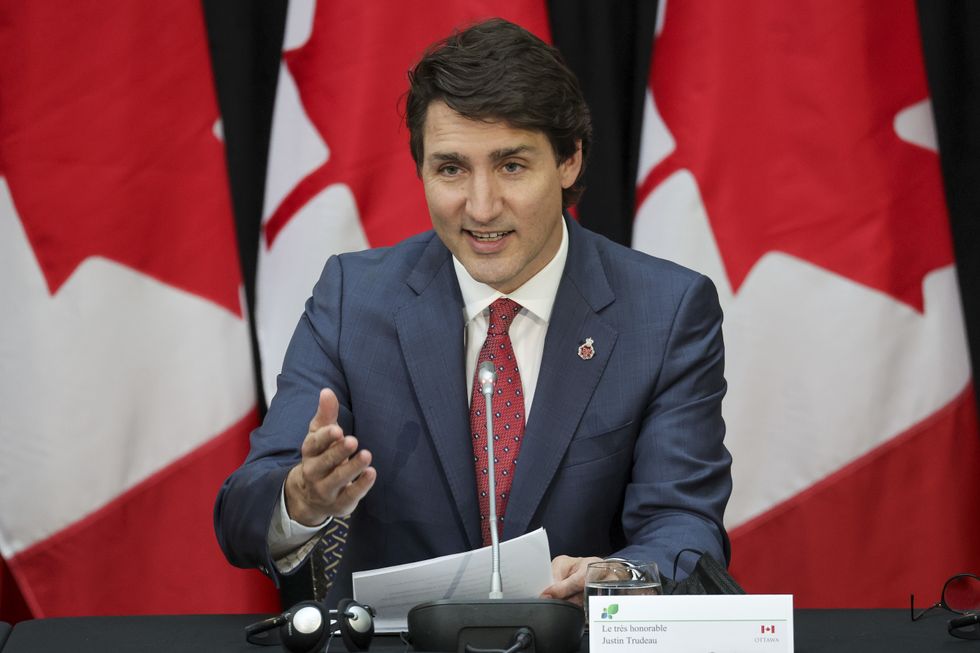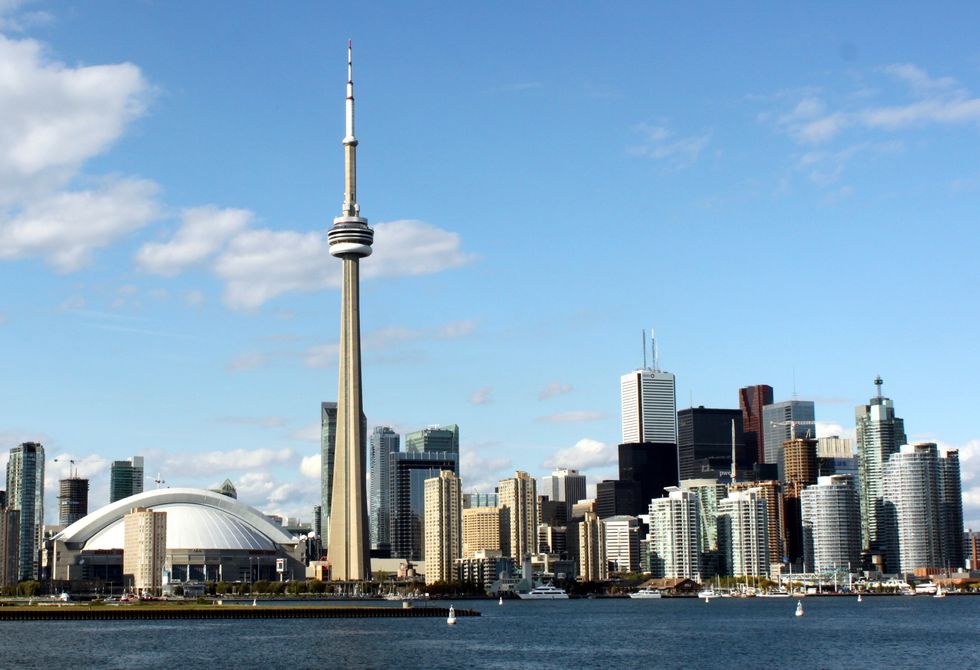The ban will come as a slap in the face to the 650,000 British expats in Canada
Don't Miss
Most Read
Trending on GB News
British expats looking to purchase homes in Canada have been snubbed in favour of asylum seekers and students as part of a new scheme by the Canadian government.
The sale of residential property to foreigners in the world’s second-largest country will be banned until 2027, with exceptions granted to temporary workers, asylum seekers and international students.
The move has been put into place to prevent homes being snapped up by a “speculative financial asset class”, Canadian finance minister Chrystia Freeland said.
In a statement on Sunday, she said: “By extending the foreign buyer ban, we will ensure houses are used as homes for Canadian families to live in and do not become a speculative financial asset class.

Prime Minister Justin Trudeau is aiming for nearly one million immigrant arrivals in the next two years, but British buyers will be stopped
PA
“The government is intent on using all possible tools to make housing more affordable for Canadians across the country.”
The moratorium will come as a slap in the face to the 650,000 British expats in Canada, with those seeking a second home in one of the UK’s closest allies having to look elsewhere.
Canada says Brits would need to either obtain Canadian citizenship or permanent residency in order to purchase property there.
Buyers seeking to flout the rules could be handed a hefty fine of C$10,000 (£5,890) and be forced to sell their property if caught out.
LATEST DEVELOPMENTS:

Toronto, Canada's largest city, saw a mere 2.6 per cent foreign residential property ownership rate in 2021
Wikimedia Commons
The move was brought about to calm Canada’s housing crisis, but critics say it hasn’t quelled soaring house prices in the country.
The ban was brought in on January 1, 2023, and despite being slated to expire in 2025, has been extended for a further two years.
Alongside would-be British expats, the ban covers any non-Canadian citizens, permanent residents, and foreign commercial enterprises.
Tom Davidoff, associate professor at the University of British Columbia, said it was “very hard to believe” the foreign ownership ban had been successful.
He said: “In the most affordability-challenged markets, it’s very hard to believe there was a lot of impact because there were so few foreign buyers to begin with.”
Figures from Canada’s National Statistics Agency show that prime real estate markets in top cities Vancouver and Toronto saw a 4.3 per cent and 2.6 per cent respective foreign residential property ownership rates in 2021.
Despite the apparent lack of incentive for foreigners to buy Canadian homes, Prime Minister Justin Trudeau is aiming for nearly one million immigrant arrivals in the next two years.
Trudeau’s 2023-2025 Immigration Levels Plan seeks to welcome 485,000 permanent residents in 2024, and 500,000 in 2025 – despite official warnings that such arrivals would further inflate house prices.Prices soared by 56 per cent from the end of 2019 to summer 2022, according to research by Oxford Economics.
Rents in Canadian cities have also increased, with eight per cent price jumps across 17 metropolitan areas reported by the Canada Mortgage and Housing Corporation in the past year.









